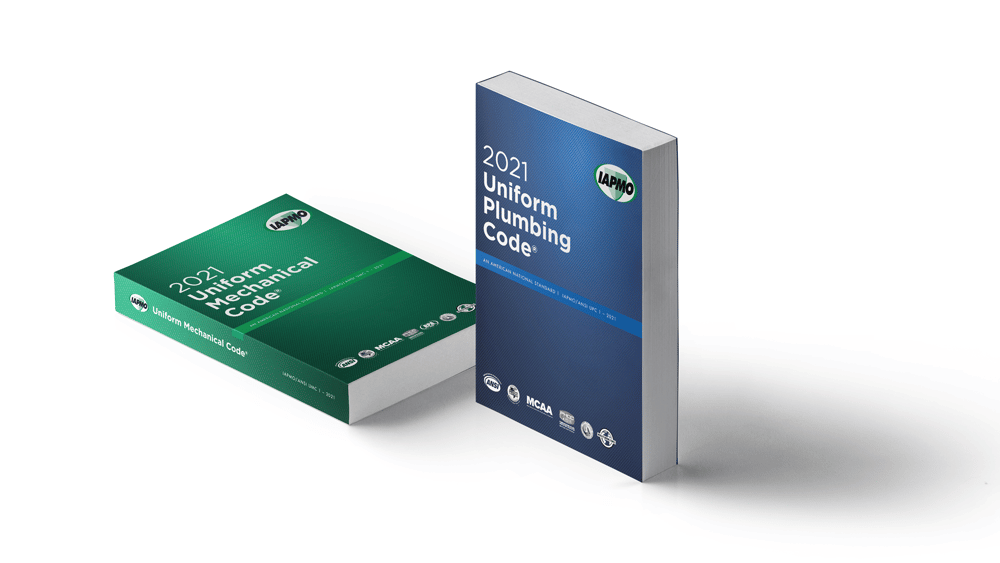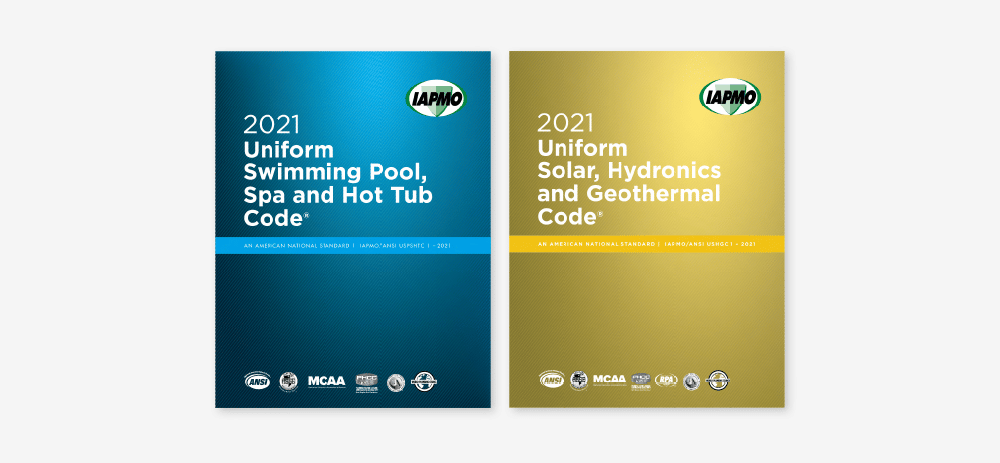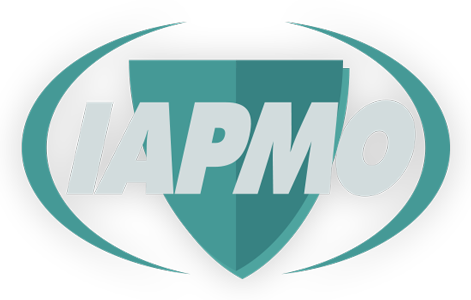The International Association of Plumbing and Mechanical Officials (IAPMO) publishes the Uniform Plumbing Code (UPC) and Uniform Mechanical Code (UMC). The Uniform Plumbing Code is the only US plumbing code designated as an American National Standard by the American National Standards Institute (ANSI). The UPC and the UMC help protect public health and safety while advancing housing affordability and community resiliency.
What is the Uniform Plumbing Code?
The Uniform Plumbing Code is a model code that jurisdictions adopt and customize to work with their local environment. The UPC is the basis for plumbing codes around the globe that plumbing and mechanical officials follow, offering protection to approximately half of the entire world’s population.
The Uniform Plumbing Code and Uniform Mechanical Code are developed through a consensus process to ensure effectiveness while preventing a single business sector from dominating.

Other Uniform Codes designated as American National Standards by the American National Standards Institute include the Uniform Swimming Pool, Spa & Hot Tub Code, and the Uniform Solar, Hydronics & Geothermal Code.

The Uniform Codes maintain the necessary balance between prescriptive requirements and allowable performance standards. Enforcement is simplified, as there are fewer areas for field interpretation, while the model codes support engineered design systems by architects and the professional design community.
The code development timeline for the Uniform Codes is a three-year cycle.
What Does UPC Stand For in Plumbing?
UPC is the abbreviation for the Uniform Plumbing Code and also the IAPMO product certification mark. Consumers will most likely encounter the UPC as the familiar shield on plumbing fixtures.

What Does ‘UPC Certified’ Mean?
UPC certified refers to products that are certified by IAPMO R&T to meet applicable North American codes and standards.
A UPC-certified plumbing system meets applicable standards for resistance to fire, flood, freezing, wind, and extreme weather, building more plumbing resiliency in your community.
What are the IPC and UPC in Plumbing?
IPC is an abbreviation of the International Plumbing Code. UPC is the abbreviation for the Uniform Plumbing Code.
The UPC model plumbing code is enforceable rather than interpretative, with built-in flexibility to embrace emerging water technologies.
The UPC is a consensus-based document developed by subject matter experts representing a broad range of the construction industry. In an open consensus code development process, changes must be approved by a super-majority, achieving consensus from a two-thirds affirmative vote by a wide range of plumbing and mechanical officials and other experts such as plumbers, engineers, manufacturers, environmentalists, and code officials.
While changes to the IPC may be proposed by a range of parties. However, only governmental members can vote at the code cycle’s final development. Plumbing systems experts are actually excluded from this final vote.
A simple majority vote by a single stakeholder group creates a monopoly that can result in a last-minute change to the IPC.
Another difference is that the UPC and IPC address resiliency in different ways. The UPC provisions tend to exceed the provisions in the IPC, containing the necessary requirements to aid in plumbing resiliency in the face of natural disasters, such as affordability, protection of piping, contamination of water, and freeze protection. Key provisions of the UPC model code include backflow prevention devices, temperature limiting devices, leak detection devices, and drain waste and vent clean-out.
How Do Plumbing Codes Support Communities?
Plumbing codes enhance community safety by making our plumbing systems safer.
Maintaining access to clean water and sanitation despite unforeseen circumstances is integral to community health. Plumbing codes help communities turn intention into action, avoiding undue regulatory burdens while mitigating unintended consequences.
Adopting the Uniform Plumbing Code ensures that the plumbing industry and the plumbing and mechanical officials are implementing one set of standards to protect the health and safety of citizens.
How Do I Find My Local Plumbing Code?
Since regulations vary by city, county, state, and federal level, it is important to research your area’s building and plumbing codes. One can do this by contacting your local government offices. Other places you may find resources are at your local library or from a local plumber.
The Uniform Plumbing Code and the Uniform Mechanical Code are registered trademarks of IAPMO.

